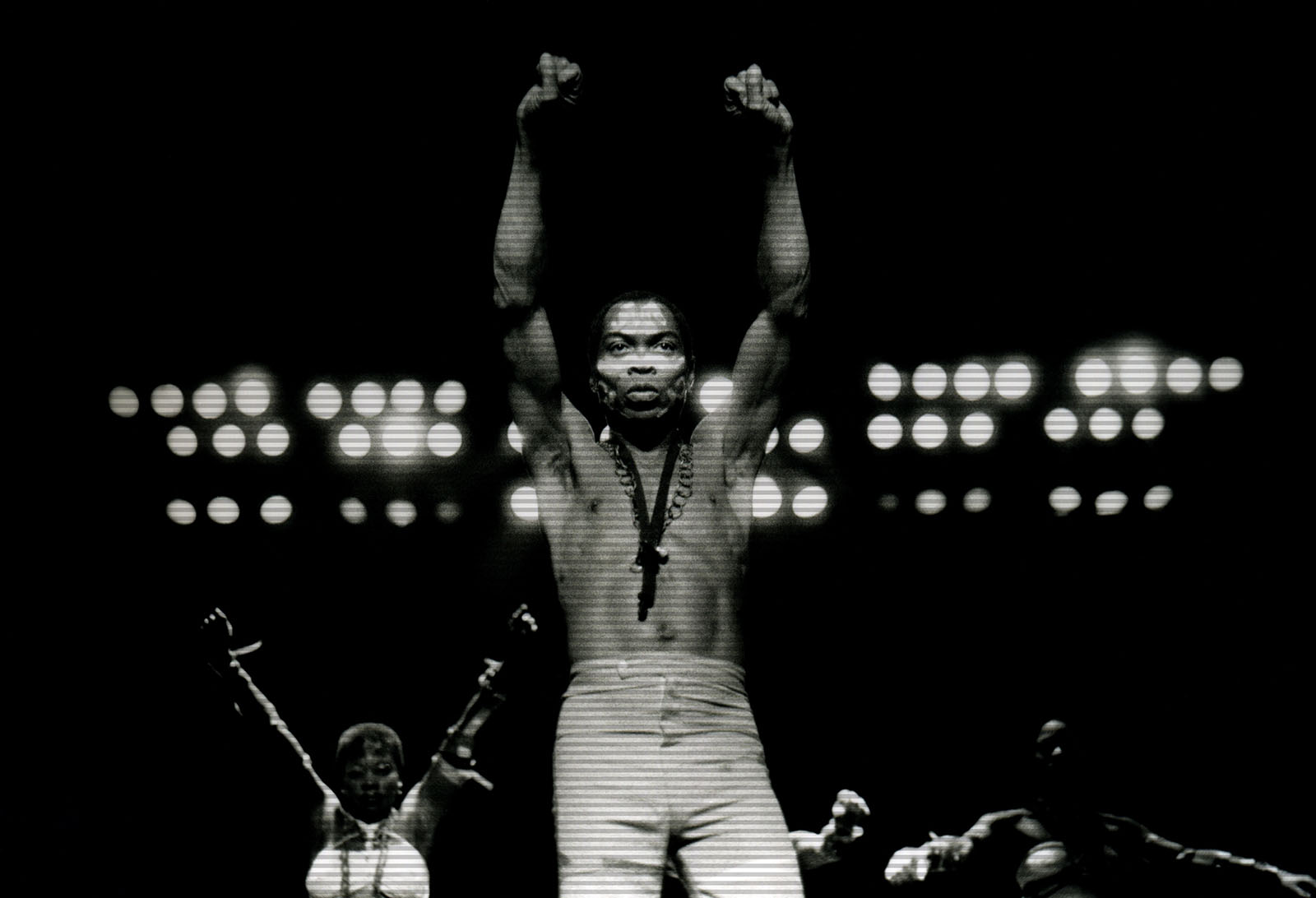LAGOS, Nigeria — Nearly three decades after his death, Afrobeat legend Fela Anikulapo-Kuti has been posthumously inducted into the Grammy Hall of Fame for his groundbreaking 1976 album Zombie, making him the first Nigerian artist to receive the prestigious honour.
The Recording Academy, organisers of the Grammy Awards, announced the 2025 inductees this week, recognising Zombie for its “fearless critique of oppression, cultural impact, and enduring relevance to political resistance and African musical heritage.”
Unlike traditional Grammy categories, the Hall of Fame honours recordings that are at least 25 years old and are deemed to have lasting qualitative or historical significance.
Originally released in Nigeria in 1976 on Coconut Records and later reissued in the United Kingdom by Creole Records, Zombie is widely considered one of Fela’s most provocative works.
The title track famously satirised the Nigerian military, likening soldiers to brainwashed “zombies” who blindly follow orders — a daring metaphor that ignited widespread controversy and reverberated through the country’s political landscape.
Fela’s eldest son, musician Femi Kuti, responded to the news on Wednesday, writing on X (formerly Twitter):
“Our father’s legacy lives on. We are honoured to accept this Grammy Hall of Fame award on behalf of Fela Anikulapo-Kuti. His music continues to inspire & unite people across the world. #Grammy.”
Our father’s legacy lives on 🙏🏾💫 We are honoured to accept this Grammy Hall of Fame award on behalf of Fela Anikulapo Kuti. His music continues to inspire & unite people across the world 🌎#Grammy pic.twitter.com/5mq9rNhq0V
— Femi Anikulapo-Kuti (@Femiakuti) June 11, 2025
The album includes standout tracks such as Zombie, Mister Follow Follow, Observation Is No Crime, and Mistake — the latter recorded live at the 1978 Berlin Jazz Festival.
The record’s commercial success was met with swift retribution from Nigeria’s military regime.
In 1977, a year after the album’s release, soldiers launched a brutal attack on Fela’s Lagos commune, Kalakuta Republic.
Fela was severely beaten, his studio and archive of master tapes were destroyed, and his 78-year-old mother, Chief Funmilayo Ransome-Kuti, a prominent women’s rights activist, was thrown from a window.
She later died from her injuries — a tragedy that became a turning point in Fela’s resistance through music.
The induction of Zombie into the Hall of Fame places it alongside other iconic albums by global luminaries such as Michael Jackson, Jay-Z, Cat Stevens, and Santana.
Music scholars and fans have hailed the recognition as a long-overdue tribute to a musician whose work transcended borders and time.
Born in 1938, Fela pioneered Afrobeat — a fusion of jazz, funk, highlife, and traditional West African rhythms combined with sharp political critique.
Throughout his career, he used his music to denounce corruption, military brutality, and social injustice, enduring over 200 arrests and repeated persecution without ever compromising his message.
Fela’s enduring influence is evident across generations, inspiring Nigerian artists like Seun Kuti, Burna Boy, and Falz, as well as international stars including Beyoncé, Erykah Badu, and Questlove.
His legacy has been chronicled in documentaries, books, and the Tony Award-nominated Broadway musical Fela!
The Grammy Hall of Fame induction adds to a growing list of international honours for the late icon, whose life and music continue to serve as a symbol of artistic defiance and pan-African pride.







